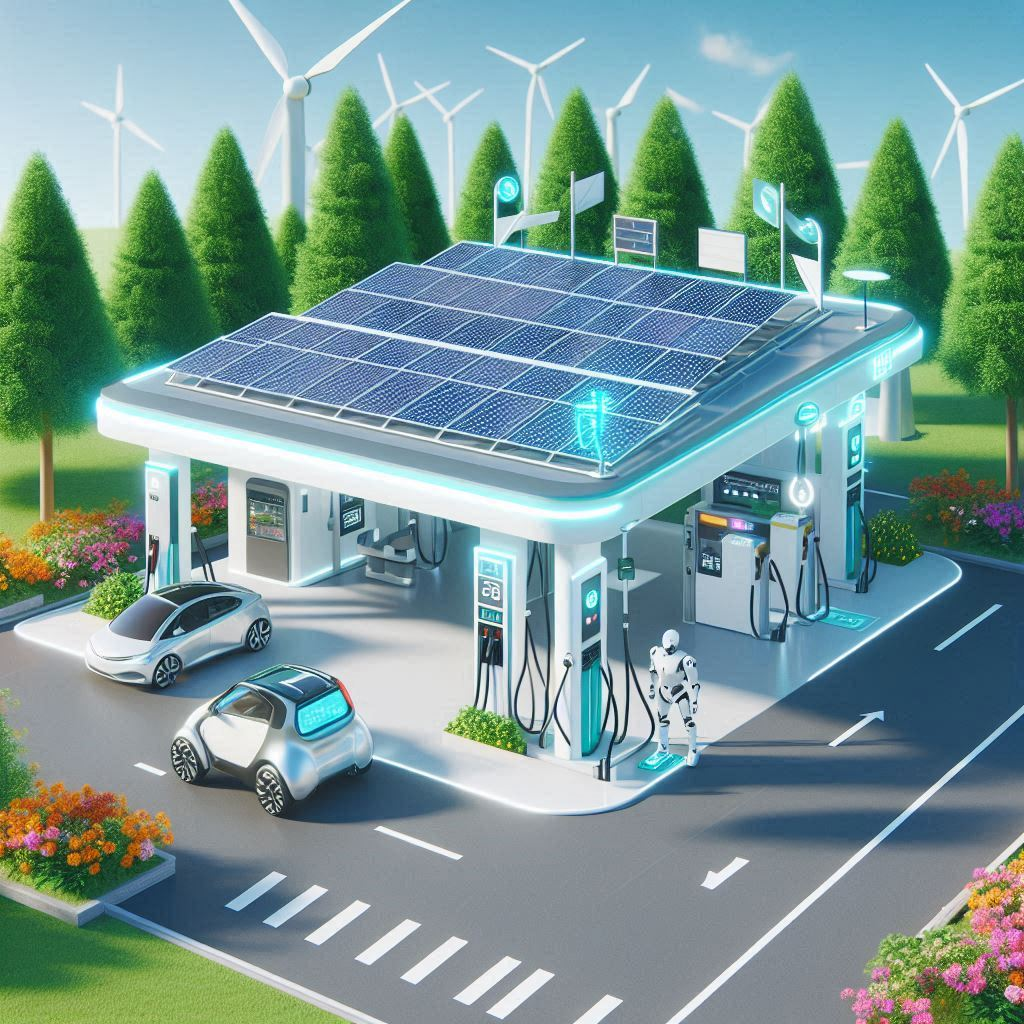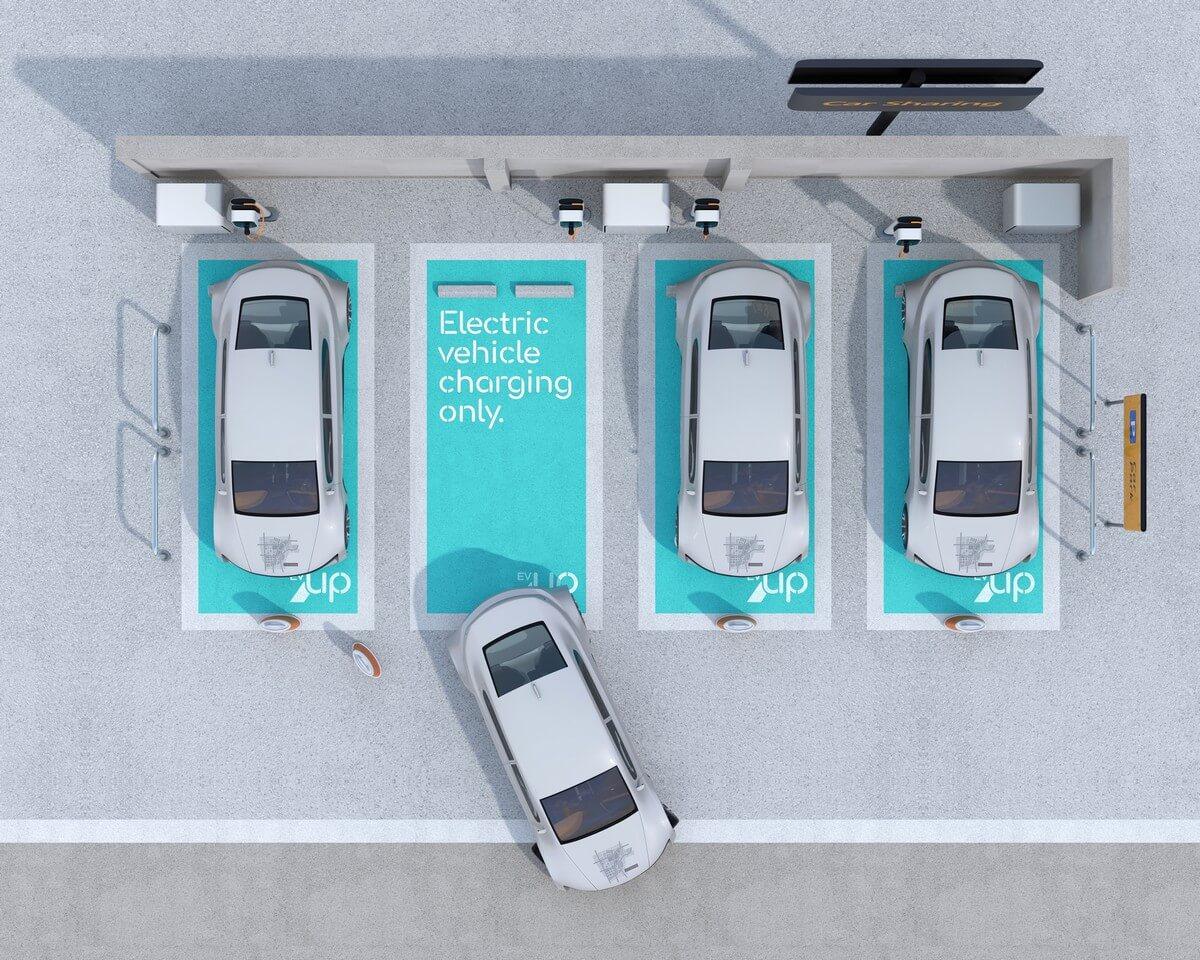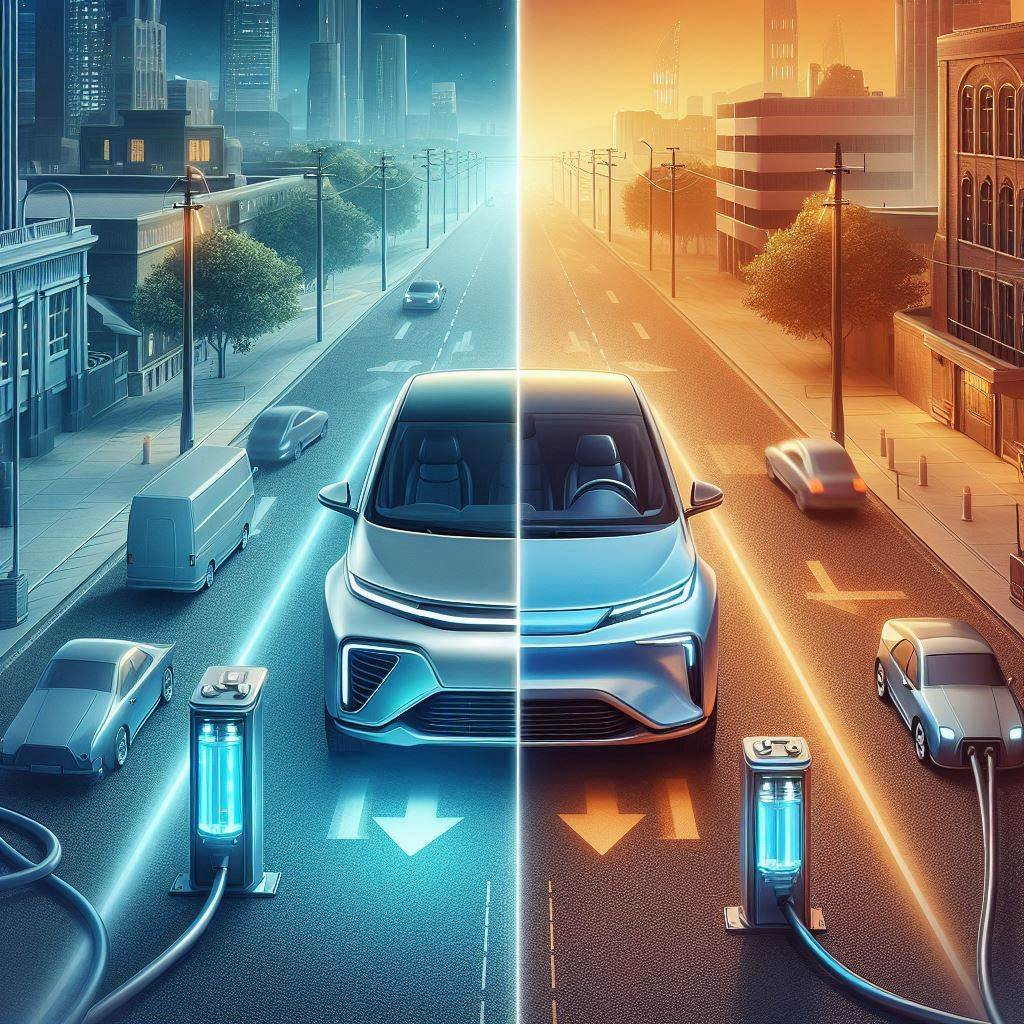* The Future of Fuel: Hydrogen vs. Electric Vehicles
As the automotive industry shifts towards sustainable energy solutions, two major contenders have emerged: hydrogen fuel cell vehicles (FCVs) and electric vehicles (EVs). Both technologies offer unique advantages and face distinct challenges. In this blog, we'll compare hydrogen fuel cell vehicles and electric vehicles, examining their pros, cons, and potential future market share.
An Overview of Hydrogen Fuel Cell and Electric Vehicles
Hydrogen fuel cell vehicles and electric vehicles are both promising alternatives to traditional gasoline-powered cars. Hydrogen fuel cell vehicles use a chemical process to convert hydrogen gas into electricity, emitting only water vapor as a byproduct. Electric vehicles, on the other hand, rely on rechargeable batteries to store and use electricity.

Pros and Cons of Hydrogen Fuel Cell Vehicles
Pros:
1. Zero Emissions: Hydrogen fuel cell vehicles emit only water vapor, making them environmentally friendly.
2. Quick Refuelling: Hydrogen refuelling is fast, typically taking only 3-5 minutes, similar to refuelling a gasoline vehicle.
3. Longer Range: Hydrogen fuel cells generally offer longer driving ranges compared to many battery-electric vehicles.
4. Energy Density: Hydrogen has a higher energy density than batteries, meaning FCVs can store more energy in a lighter package.
Cons:
1. Infrastructure Challenges: The current hydrogen refuelling infrastructure is limited, making it difficult for widespread adoption.
2. Production and Storage: Hydrogen production is energy-intensive, and storing hydrogen safely requires high-pressure tanks.
3. Cost: Hydrogen production and fuel cell technology are still expensive, leading to higher vehicle prices.

Pros and Cons of Electric Vehicles
Pros:
1. Efficiency: Electric vehicles are highly efficient, converting a larger proportion of stored energy into motion.
2. Lower Operating Costs: Electricity is cheaper than gasoline, and EVs have fewer moving parts, resulting in lower maintenance costs.
3. Mature Technology: The infrastructure for electric vehicles, including charging stations, is more developed than for hydrogen.
4. Renewable Energy Integration: EVs can be charged using renewable energy sources, further reducing their environmental
Cons:
1. Charging Time: Charging an EV can take from 30 minutes to several hours, depending on the charging station and battery capacity.
2. Range Anxiety: While ranges are improving, some consumers are still concerned about the distance EVs can travel on a single charge.
3. Battery Degradation: Over time, the performance of EV batteries can degrade, reducing their efficiency and range.
4. Heavy Batteries: Batteries add significant weight to EVs, which can affect performance and efficiency
Potential Future Market Share
The future market share of hydrogen fuel cell vehicles and electric vehicles will depend on various factors, including advancements in technology, infrastructure development, and governmental policies. Currently, electric vehicles have a head start due to their established infrastructure and market presence. However, hydrogen fuel cell technology is gaining traction, especially for applications requiring longer ranges and quick refuelling times, such as commercial fleets and long-
Key Factors Influencing Market Share:
1. Technological Advancements: Improvements in battery technology and hydrogen production will play crucial roles in shaping the future market.
2. Infrastructure Development: Expansion of charging and refuelling stations is essential for the growth of both EVs and FCVs.
3. Government Policies: Incentives, subsidies, and regulations promoting zero-emission vehicles will significantly impact market dynamics.
4. Consumer Preferences: Public perception and acceptance of new technologies will influence adoption rates.

Conclusion
Both hydrogen fuel cell vehicles and electric vehicles have the potential to revolutionize the automotive industry. While electric vehicles currently lead the market due to better-developed infrastructure and lower operating costs, hydrogen fuel cell vehicles offer advantages in refuelling time and range. The future of fuel will likely see a combination of both technologies, each serving different segments of the market based on their unique strengths.
As we move towards a more sustainable future, the competition between hydrogen and electric vehicles will drive innovation and improvements in clean transportation technologies. Stay tuned to see which technology will dominate the roads in the coming decades.
The Future of Fuel: Hydrogen vs. Electric Vehicles